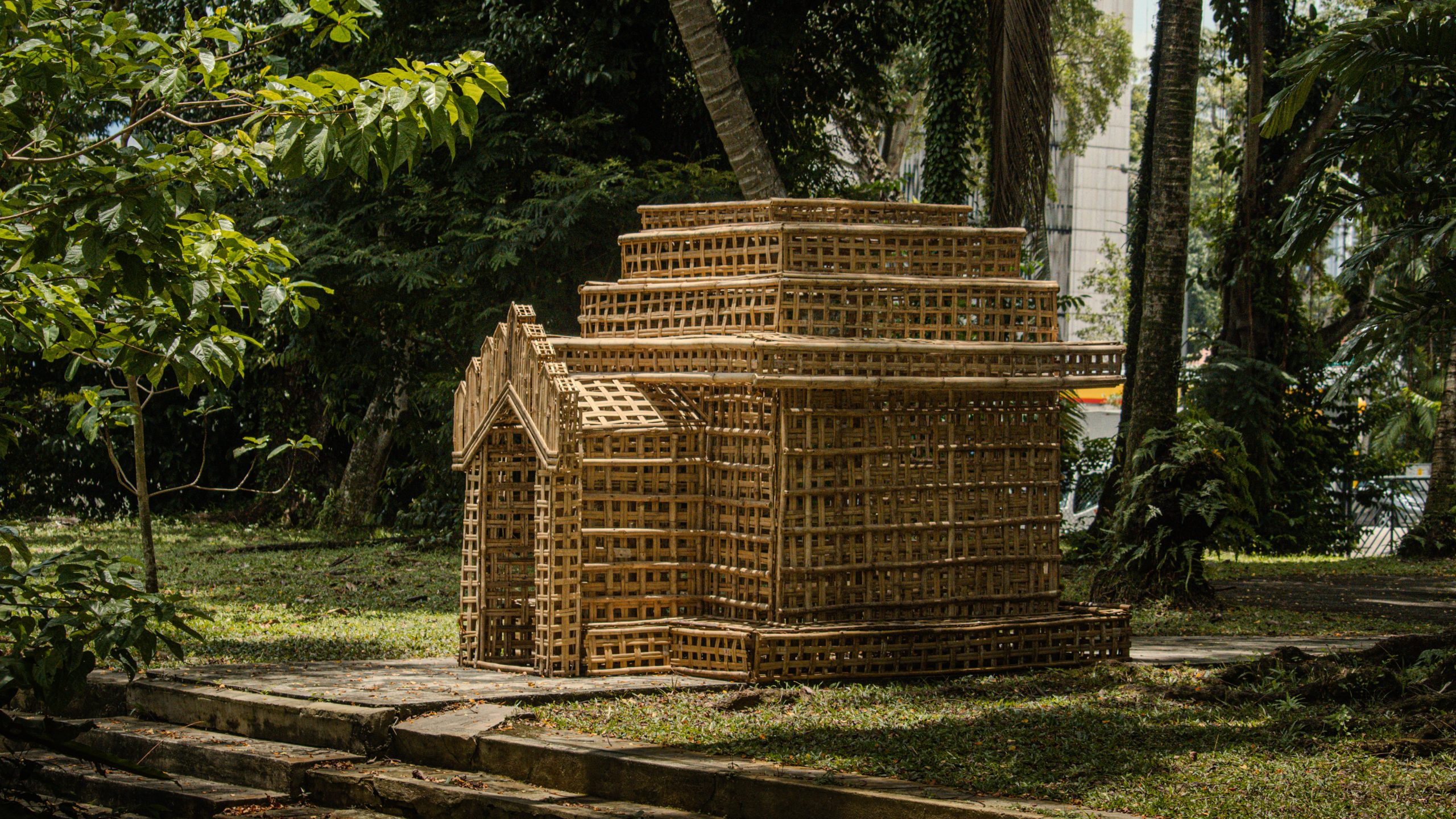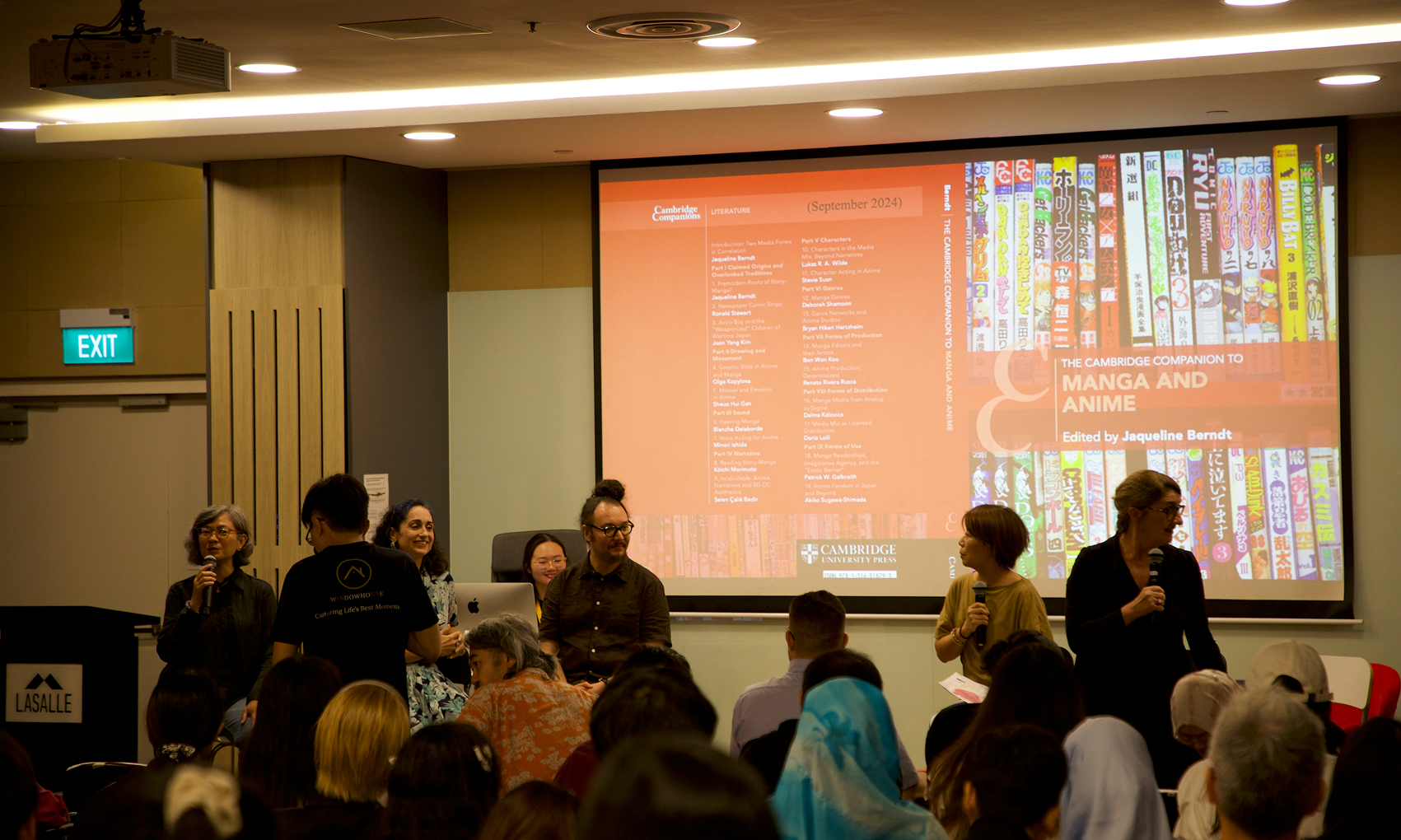Journal and book publications
The past and future of cultural diplomacy
This article is based on a comprehensive overview of the evolution of the academic literature on cultural diplomacy since its official inception during the midst of the Cold War, in 1959. It draws on mapping, chronology building, and thematic analysis of all scholarship published on cultural diplomacy in the Scopus database, the largest academic database in the world. The research explores how the discipline has evolved, what geographies and thematic areas it covered in the past, and what is the future of this discipline. These explorations start a conversation on cultural diplomacy as an independent academic discipline that most recently has gained a wider and stronger attention and reached a higher stage of scholarly maturity. This article is evidence that the research on CD is rapidly progressing with time, incorporating new thematic areas for exploration as well as covering wider cultural and political geographies. The research findings suggest further trajectories for the development of cultural diplomacy as an academic enquiry, focusing on different diplomatic channels, modes of operation, structures, actors, meanings, and implications.
Citation:
Grincheva, Natalia . ''The past and future of cultural diplomacy.'' International Journal of Cultural Policy, 2023, doi: https://doi.org/10.1080/10286632.2023.2183949.
K 11 Alternative Diplomacies: Penetrating the Global Arts Markets
This article explores structure, motivations and cross-cultural mechanics of operations of alternative cultural diplomacy in China, performed by K11. The K11 Art Mall franchise, opened in Hong Kong in 2008 by Chinese billionaire Adrian Cheng, has established its visible presence in the global arts markets by supporting contemporary Chinese artists and sponsoring major international arts residencies and large-scale events and exhibitions. Deconstructing and exploring the neo-liberal multilateral nature of K11 diplomacy, the research questions how K11 operates and navigates the international communication complexities within the global arts market. It analyses how this diplomacy is different from government-led bilateral cultural diplomacy of China and why it creates less frictions and contradictions on the international level. The article reveals that the rapid integration of K11 into the international art market is a combination of different factors. Beyond the economic power of K11 to sponsor major international events in collaboration with prestigious partners, it also possesses more flexibility and tolerance to navigate the normative environments of the ‘epistemic community’ of the global arts world, which do not always work well with national authoritative regime’s pressures. However, positioning itself as an apolitical player with a global vision, K11 is dominating a niche within the national art market, where it does not compete with state authorities. Moreover, it generates a high economic and cultural capital in China by nurturing contemporary Chinese arts and raising their prestige and value on the international level.
Citation:
Grincheva, Natalia. ''K 11 Alternative Diplomacies: Penetrating the Global Arts Markets.'' Journal of Contemporary Chinese Art, vol. 10, no. 3, 2023, pp. 371-388, doi: https://doi.org/10.1386/jcca_00090_1.
More Than a Lab: Infra-structuring the Humanities in the Digital Studio
This chapter articulates the formation of a responsive epistemic culture of research as “infra-structuring”. It identifies three interrelated components of humanities research practice that (re)define infrastructure in the context of the Digital Studio at the University of Melbourne. This digital laboratory produced an epistemology that became manifest through the critical assemblage of resources, architecturally inflected interdisciplinary research, and a connected intelligence approach that was able to empower sustainable cross-institutional knowledge creation. The chapter also examines a novel case study, its experimentation, and alliances, and in so doing, advocates for the agential and ethical demands of research in the 21st-century humanities.
Citation:
Fensham, Rachel, et al. ''More Than a Lab: Infra-structuring the Humanities in the Digital Studio.'' Digital Humanities and Laboratories Perspectives on Knowledge, Infrastructure and Culture, edited by Urszula Pawlicka-Deger, and Christoper Thomson, London, Routledge, 2023, pp. 89-104, ISBN / ISSN: 9781032027630.
In conversation: Kenneth Kwok (Ministry of National Development, Singapore)
In Conversation pieces shed light on national cultural policy contexts, different perspectives on arts subsidy, audiences, the cultural workforce, heritage, artform development and how cultural leadership functions in a fast-changing local, national and international context. Interviewers are academics with significant knowledge and understanding of the appropriate arts management and cultural policy field, and to be willing to ask critical and probing questions. Interviewees are cultural leaders in their field and to have sufficient experience and standing such that they will have interesting insights and perspectives on the sector.
Citation:
Loh, Michelle. ''In conversation: Kenneth Kwok (Ministry of National Development, Singapore).'' Cultural Trends, 2023, pp. 1-10, doi: 10.1080/09548963.2023.2201974.








